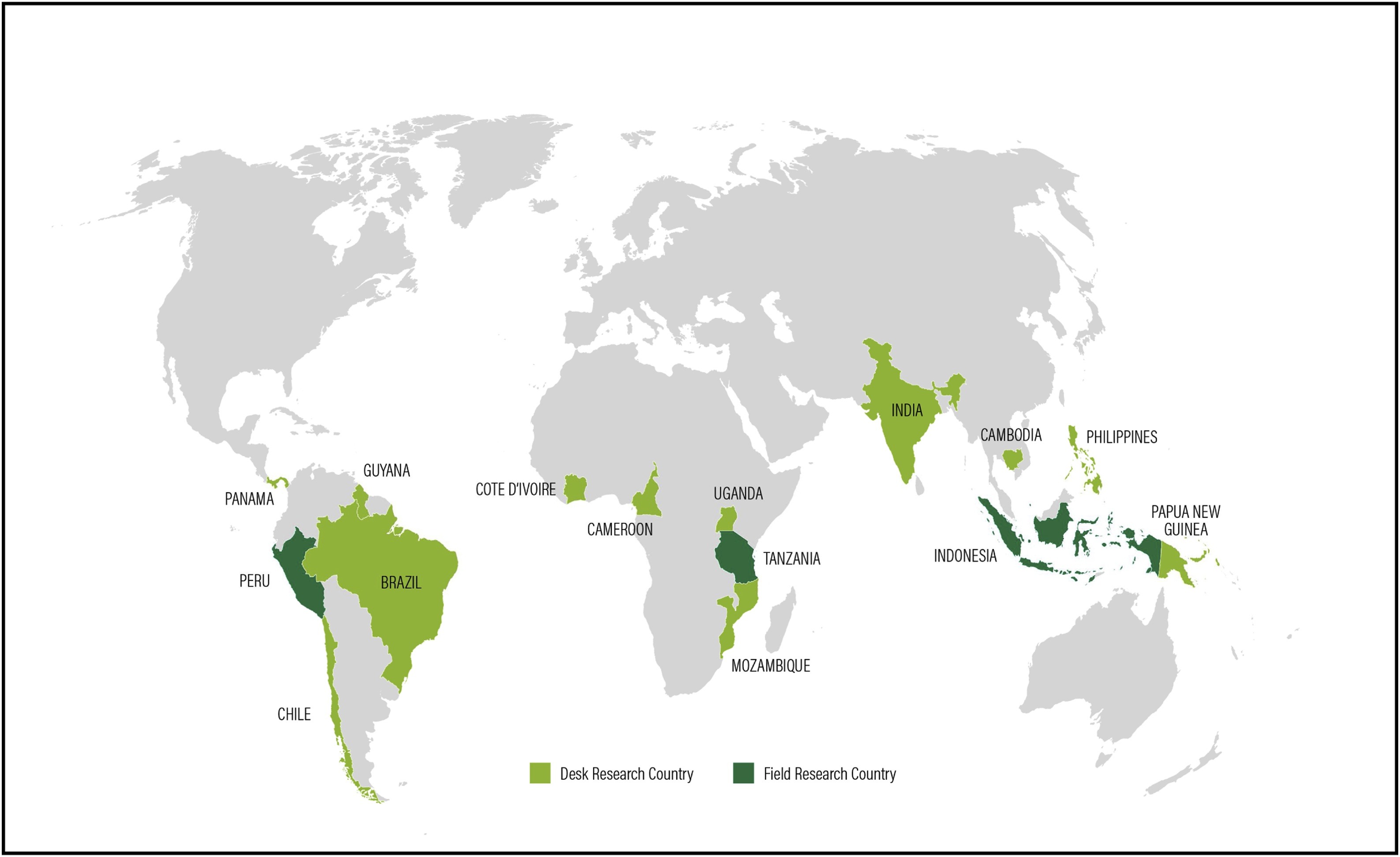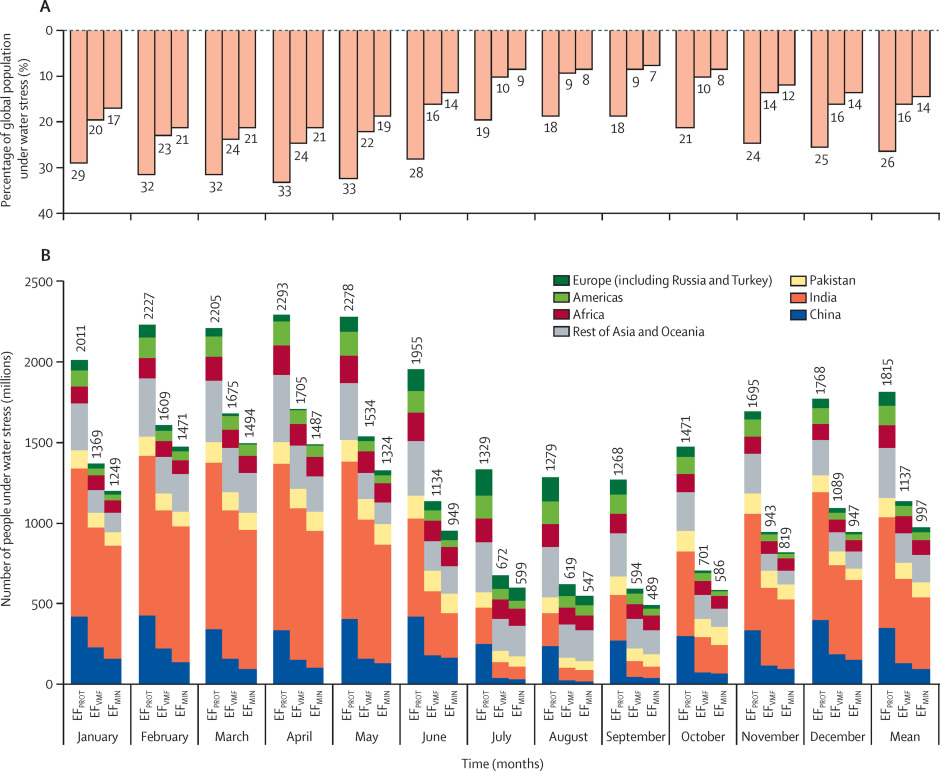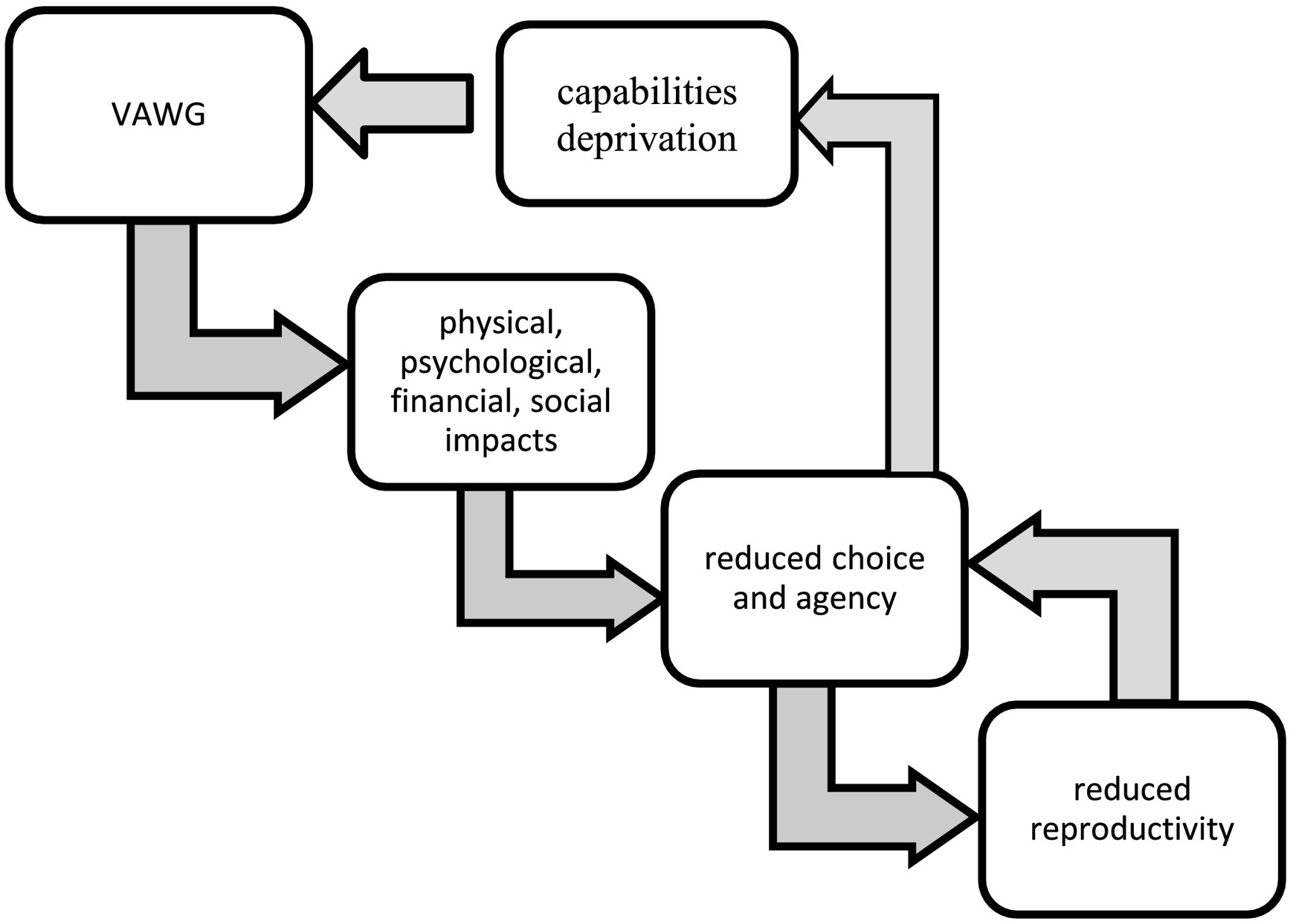Fish experiencing abnormally high or prolonged elevations in temperature can exhibit impaired reproduction, even for species adapted to warm water environments. Such high temperature inhibition of reproduction has been linked to diminished gonadal steroidogenesis, but the mechanisms whereby hypothalamic-pituitary-gonadal (HPG) axis signaling is impacted by high temperature are not fully understood.
This book chapter advances SDGs 2, 13, and 15 by summarizing the impact of high temperature on wheat production, physiological traits contributing to heat tolerance, and how to integrate new tools such as trascriptomics, proteomics, metabolomics, and ionomics with plant breeding.
Indigenous and community lands, crucial for rural livelihoods, are typically held under informal customary tenure arrangements. This article reviews and maps 19 community land formalization and 14 company land acquisition procedures in 15 countries in Africa, Asia and Latin America. Comparing community and company procedures identifies multiple sources of inequity.
This content aligns with Goal 10: Reduced Inequalities by reviewing the history of colonial procurement and export of human remains and avenues for repatriation and cultural restitution.
This Article supports SDGs 3 and 6 by assessing global human water stress for low to high environmental flow protection. The findings suggest that ensuring high ecological protection would put nearly half the world's population under water stress for at least 1 month per year, meaning important trade-offs are made when allocating limited water resources between direct human needs and the environment.
The COVID-19 pandemic has exacerbated energy insecurity and economic hardship among vulnerable populations. This paper provides robust empirical evidence of the degree to which COVID-19 mitigation measures, especially the mandates of school closure and limiting business operations, have impacted electricity consumption behavior in low-income and ethnic minority groups in the United States. We use a regression discontinuity design applied to individual-consumer-level high-frequency smart meter data in Arizona and Illinois to highlight the disparities in mitigation measure impacts.
This article presents unique data on the economic and social impacts of Violence against Women and Girls (VAWG) in development contexts. The article draws on quantitative and qualitative data from over 5120 women in Ghana (2066 respondents) and Pakistan (3054 respondents) collected between 2016 and 2018 to assess the impacts on productivity, primarily through presenteeism and absenteeism, in paid and unpaid work due to a range of forms of VAWG.
Objectives: We determined the representation of women in sport sciences research leadership by assessing the proportion of women in (i) leading authorship positions of randomized controlled trials (RCTs) published from January 2000 to September 2020 in sport sciences journals and (ii) editorial boards of these journals as of September 2020. Design: Review.




